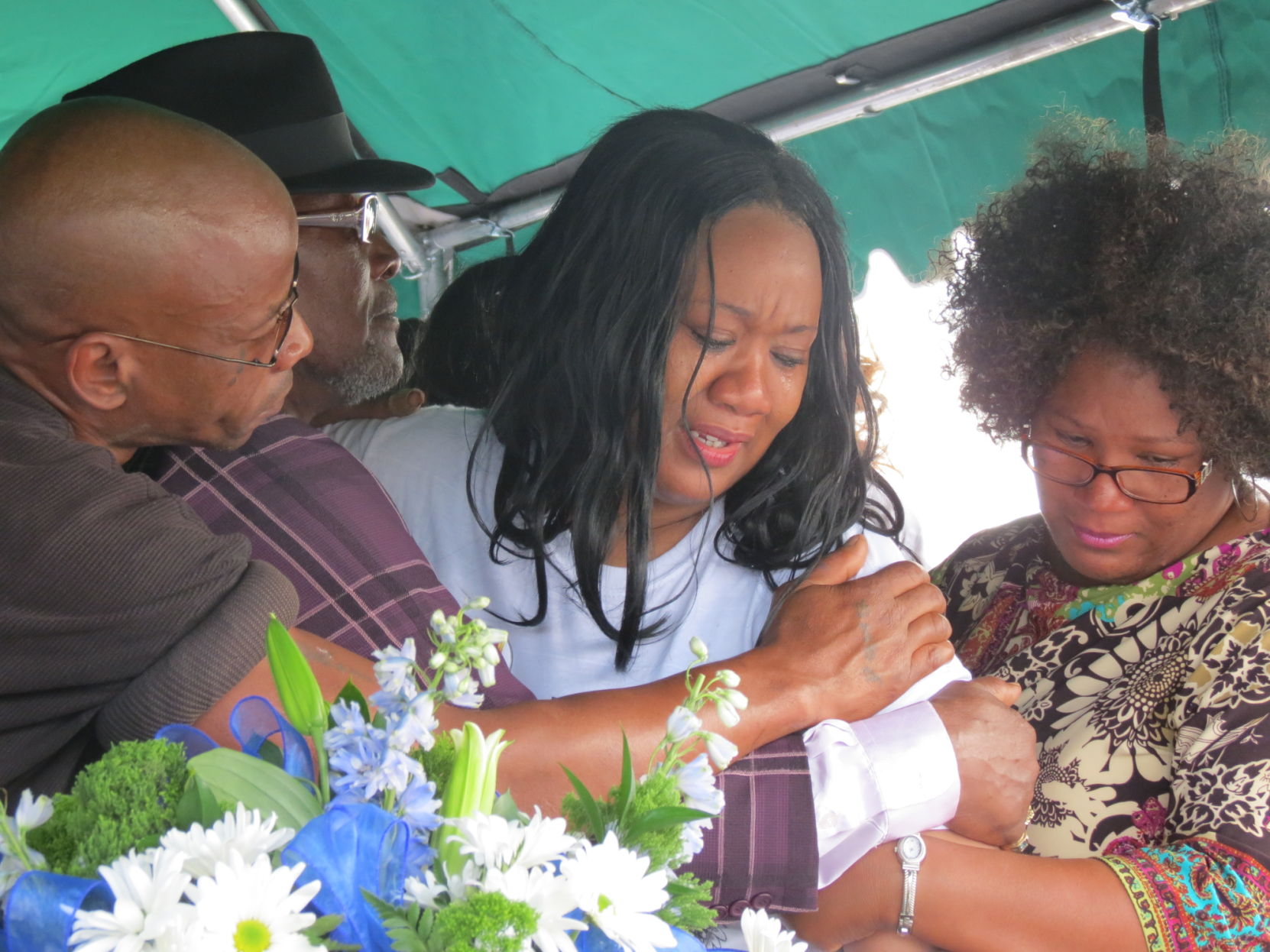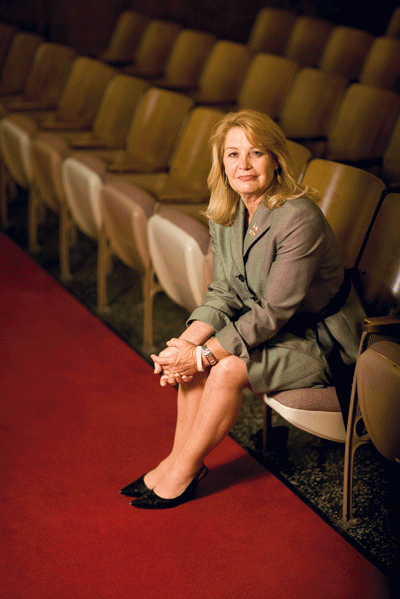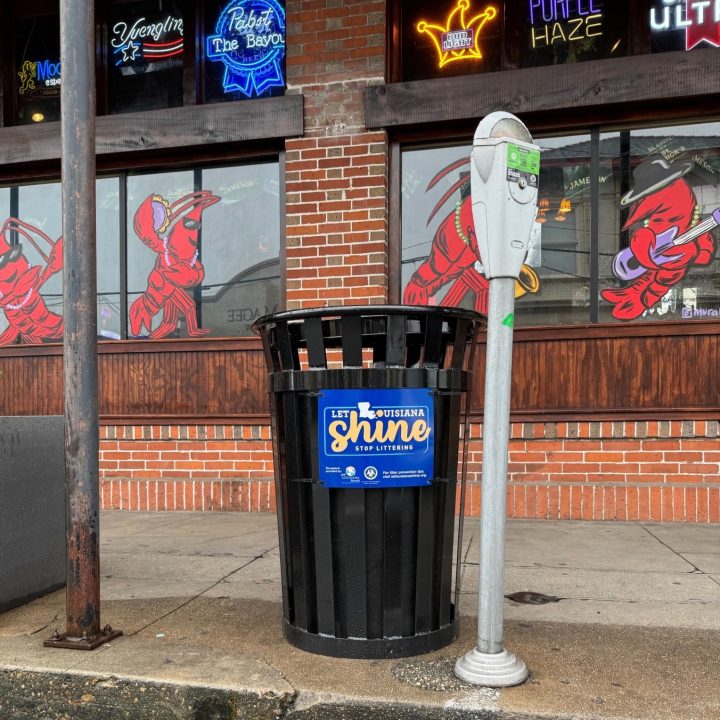
‘Devil’s works,’ angel’s words
September 30, 2014TPCG proposed budget up 2.5 percent in 2015
September 30, 2014The Louisiana Board of Ethics unanimously asked the Louisiana Supreme Court to review the Louisiana Court of Appeal 1st Circuit’s reversal in favor of Lafourche Parish President Charlotte Randolph.
The Louisiana Board of Ethics approved the writ application Sept. 18 in an executive session and filed it Sept. 19.
On Aug. 21, the appeal court reversed a decision by the Louisiana Ethics Adjudicatory Board earlier this year claiming the parish president violated an ethics law following the Deepwater Horizon Oil Spill of 2010.
Randolph and her husband, George Randolph, collected $50,000 from June through October from BP in 2010 for the rental of their Grand Isle camp. In May of that year, BP provided Lafourche Parish Government $1 million to offset oil spill related costs to the public.
State ethics code prohibits public servants from receiving anything of economic value from a person if the person has or is seeking to obtain contractual or other business or financial relationships with the public servant’s agency.
The Louisiana Ethics Adjudicatory Board ruled Charlotte Randolph violated that code because Lafourche Parish received $1 million from BP, an entity the parish was in a financial relationship with. The Board ruled Charlotte Randolph must forfeit the $50,000 she received in rent, in addition to levying her a $5,000 fine.
However, upon appeal, the Louisiana Court of Appeal 1st Circuit ruled that because it was explicitly stated in BP’s financial provision to Lafourche Parish that the $1 million payment was irrevocable and nonrefundable and the parish had full discretion as to how the money would be spent, the payment “comprised a one-time gratuitous donation that did not create a contractual, business or financial relationship between BP and the parish,” the judges wrote in their ruling.
The ruling further stated, “Even though the Parish had not yet disbursed all the funds, the donation itself was fully completed at the time the Randolphs leased their camp to BP in June 2010.”
The reversal vacated a requirement for Charlotte Randolph to pay $55,000 in penalties and required the Louisiana Board of Ethics to pay all appeal costs – totaling $411.95.
After the reversal, Charlotte Randolph told The Times via text message “I am very pleased with the outcome.” She did not respond to a request for comment regarding the ethics board’s decision to ask the Supreme Court to review the decision.
The Louisiana Supreme Court can choose whether to grant the review or not, and it has no time frame to make its decision.
“We never want to rush justice. [The Louisiana Supreme Court] is on its own time table, but the court stays pretty current with our docket, our paperwork,” explained Valerie Willard, Louisiana Supreme Court Administrator. “ … If they grant the writ, then it moves on, and they docket it as a case. There will be oral arguments, and the attorneys will have to argue both sides of the case. That will be open to the public.”
Willard added that the Supreme Court meets once a week to review writs and decide whether or not to grant them.
If the writ is denied, the ethics board may still ask for a re-hearing from the Supreme Court, according to Louisiana Board of Ethics Administrator Kathleen Allen.
The Louisiana Board of Ethics has asked the Louisiana Supreme Court to review the 1st Circuit Court of Appeal’s decision in favor of Lafourche Parish President Charlotte Randolph last month. The Supreme Court’s decision is pending.








